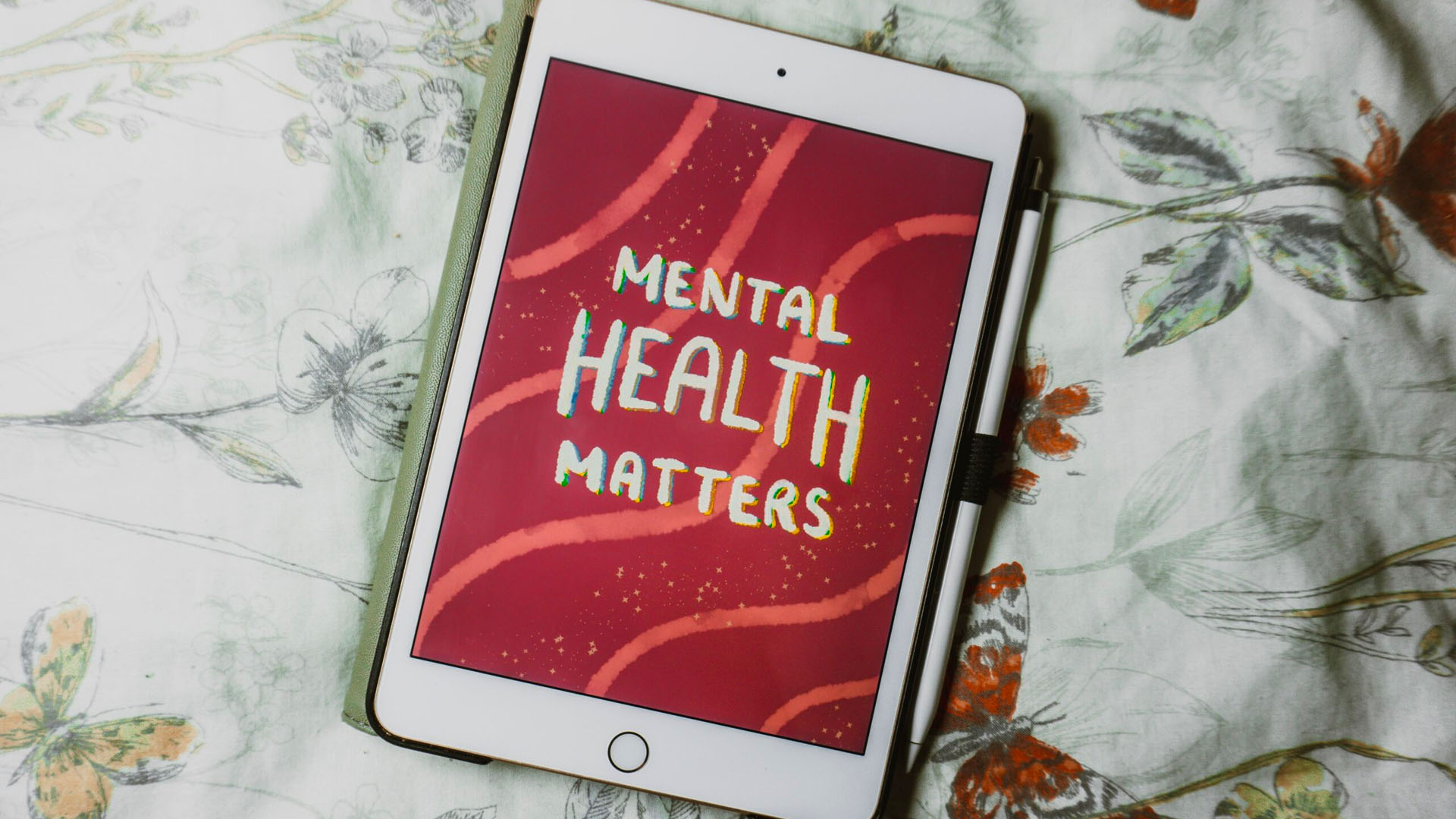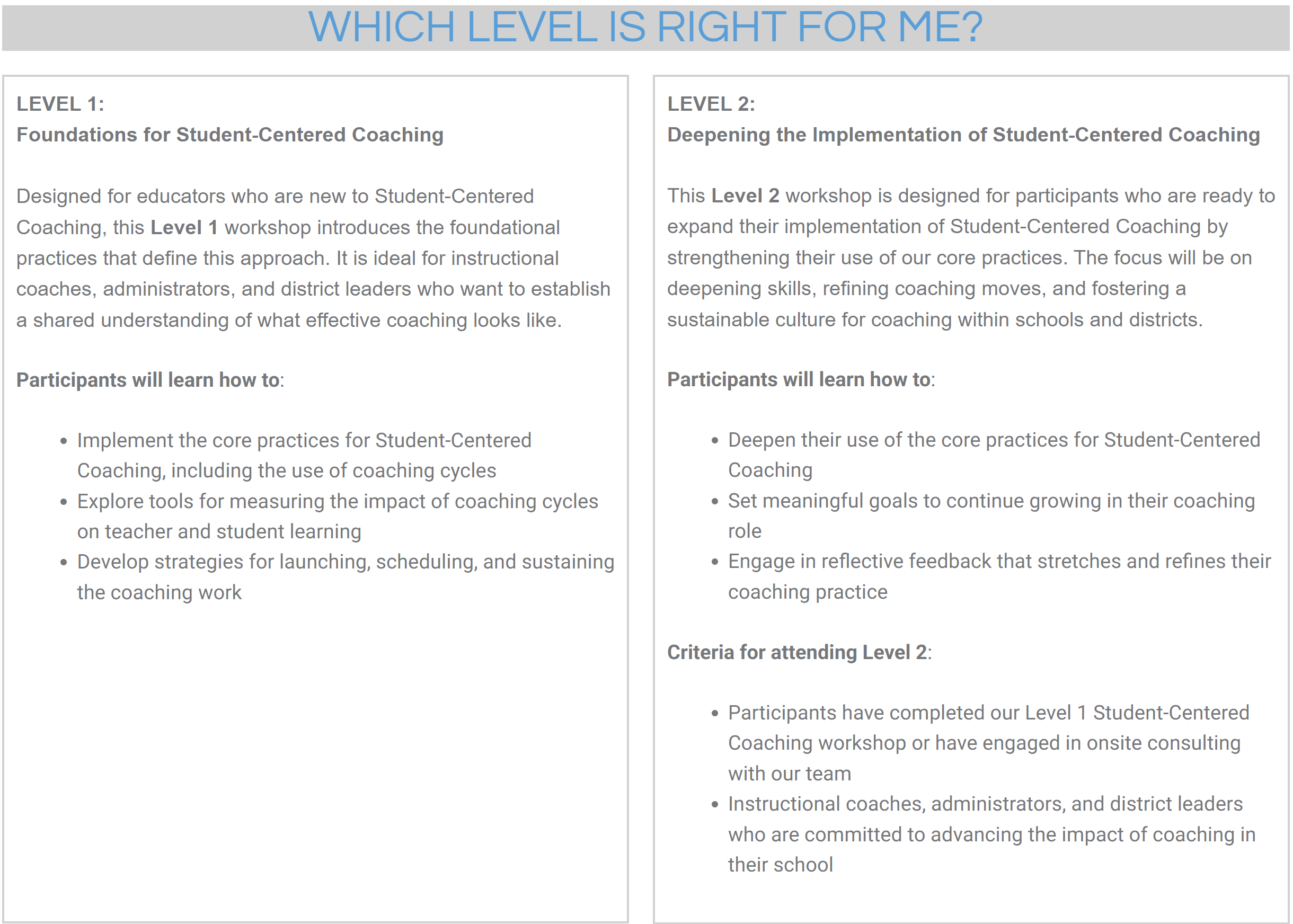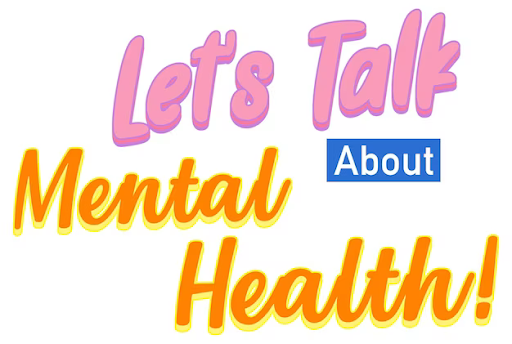
For our students, summer break is associated with a lot of emotions. While summer can hold many positive attitudes with freedom from school and the pressures of standards, it can also be a time where certain mental health challenges need to be tended to more than usual. Anxiety issues can come to the surface partly due to the lack of structure and routine that summer brings. I want you to take a moment to think through the students in your class(es). Do each of them have a strong support system at home, with their basic needs provided for? Do they have friends and family they can engage with? Do they have the social and organizational skills to create their own routine? Without these, students are isolated and with isolation comes numerous mental health challenges. There are many preventative ways to stay mentally healthy over the summer, and this can and should look different for every person.
“There are many preventative ways to stay mentally healthy over the summer, and this can and should look different for every person.”
Tips, Tricks and Resources
Create structure through routines
We all thrive better with routine, but especially kids and those who struggle with their mental health. These schedules can be as detailed or as simple as they want. For example, keeping the same wake up and bed times every day is something simple which impacts our mental health greatly. Making sure there are things planned throughout the week give kids not only a purpose and something to look forward to, but help them feel included and in control of their environment. Something to keep in mind, a routine and scheduling activities does not mean a child has to have a packed schedule each day, but a sense of consistency.


Enjoy time outside
Our minds and bodies crave fresh air and sunshine. Did you know just 30 minutes of sunshine can provide you a day’s supply of Vitamin D? Serotonin, the “happy” chemical in our brain, increases with exposure to sunlight, ultimately helping to help us feel more relaxed. When we are outside and breathe in fresh air, we take longer and deeper breaths, thus increasing oxygen in our cells and giving us more energy and a clearer mind. Whether you go for a walk or simply eat your lunch outside, take advantage of the sun and fresh air when you can, just remember to wear your sunscreen!
Plan activities
This goes hand in hand with the structure and routines, but fomo (“fear of missing out”) can be a real thing for many kids. While summer break is a time to take a step back from the stress and pressure that can come with the school year, doing nothing can be detrimental to our mental health too. The key is finding a balance and doing what’s best for you! Maybe it’s finding a summer job to keep you busy and earn a little money, or it’s making a summer bucket list and working these activities into your daily or weekly schedule. While it’s easy to look at what our friends are doing on social media, it’s important to remember to find a balance. Overwhelming your schedule with too much can cause anxiety and disrupt that balance of play and rest.


Staying connected
Staying connected with peers over the summer break is key to preventing isolation and isolating behaviors. And no, I’m not talking about scrolling through your BeReal and seeing what your friends are doing. We’re talking about maintaining the social, emotional and physical connections with friends that you would otherwise see every day in school. Making sure that we’re checking in on our friends and REALLY asking “how are you?”, telling someone how you’re feeling today, meeting up for a coffee or Facetiming once a week. Working into your routine and scheduling opportunities to connect with others is vital in maintaining our mental health.

Mindful: This is a great resource for Middle and High School students. Mindful is the voice of the emerging mindfulness community, and introduces topics and strategies around mindfulness.
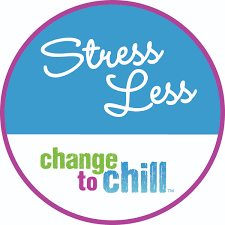
Change to Chill: This is an interactive website tailored to teens and adults who work with them with a focus on mental well-being. This resource equips them with relevant tools and resources to better manage stress and anxiety.

IMI Guide: an online resource guide built for LGBTQ+ teens to help you explore your identity and support your mental health.

Smiling Mind: is an app created with students in mind that helps guide you through emotions you may be feeling.

Breathe, Think, Do with Sesame: this is a free app geared toward younger children to help them learn how to deal with frustrating situations.

Mindful Powers: one of the best mindfulness apps for kids 7-10 with guided stories that guide kids through real life situations and how to stay calm and focused.
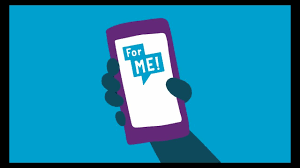
For Me: an app that provides help and guidance for those who need it. It’s a great starting point for your child if they do need help.

The Zones of Regulation: An app developed by a therapist and a game developer to create a fun and engaging way for children to gain a better understanding of how to navigate their emotions.
In Crisis? Reach out!

988 Suicide & Crisis Lifeline provides free 24/7, confidentail emotional support to people in suicidal crisis or emotional distress. CALL 988 or 1-800-273-TALK

The Trevor Project provides 24/7 crisis intervention and suicide prevention services to lesbian, gay, bisexual, transgender and questioning youth. CALL 1-866-488-7386 TEXT “START” to 678678
Love is Respect National Dating Abuse Hotline A project of the National Domestic Violence Hotline, Love is Respect offers 24/7 information, support and advocacy to young people between the ages of 13 and 26 who have questions or concerns about their romantic relationships CALL 1-866-331-9474 TEXT “LOVEIS” to 22522
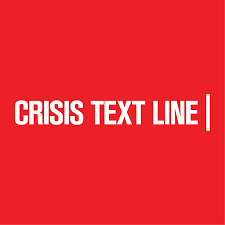
Crisis Text Line is a free, 24/7, confidential service where you can text a trained Crisis Counselor if you or someone you know needs support. TEXT “BC2M” to 741741
Resources
Please login or register to claim PGPs.
Alternatively, you may use the PGP Request Form if you prefer to not register an account.


